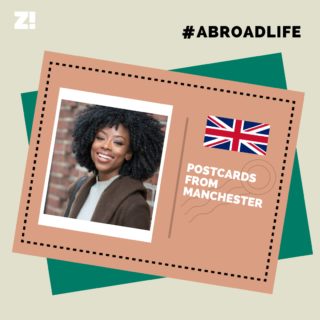The Nigerian experience is physical, emotional and sometimes international. No one knows it better than our features on #TheAbroadLife, a series where we detail and explore Nigerian experiences while living abroad.
For many, the outbreak of the coronavirus has felt like watching the opening of Pandora’s Box in real-time. Relaying their personal unboxing experiences are five Nigerians scattered around the world. We’re starting with Johnny, a Nigerian who lives in the original epicentre of the virus – China.
Peter, China.
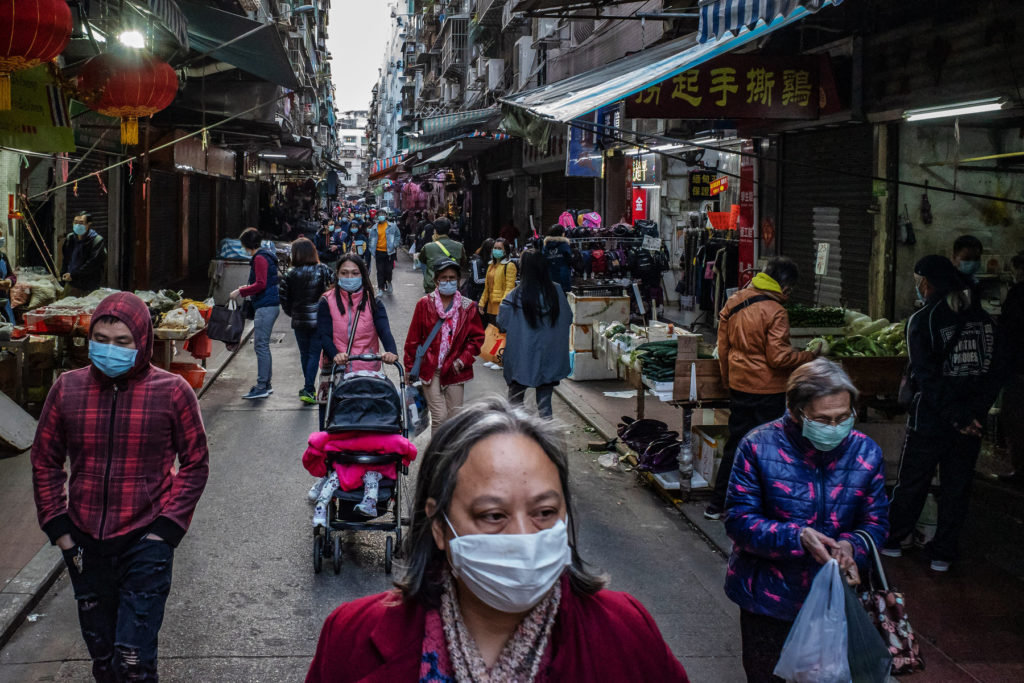
At first, it felt more or less like a normal flu sickness. A doctor treated a patient in December. He suspected that this flu looked similar to SARS and told his fellow doctors of his findings. Somehow the government found out and got him arrested for spreading fake news.
(The Chinese New Year was on Saturday, 25th of January)
The biggest holiday in China is the New Year Festival. There’s a lot of movement all over China. It’s like Christmas holidays when Igbo people and others travel home from wherever they are in Nigeria. Many Chinese people work in Wuhan but are originally from different provinces and cities.
More than 50,000 people left Wuhan. Some of them, of course, would have been infected.
Imagine coronavirus entering Lagos before a major holiday.
Yemi, Italy.
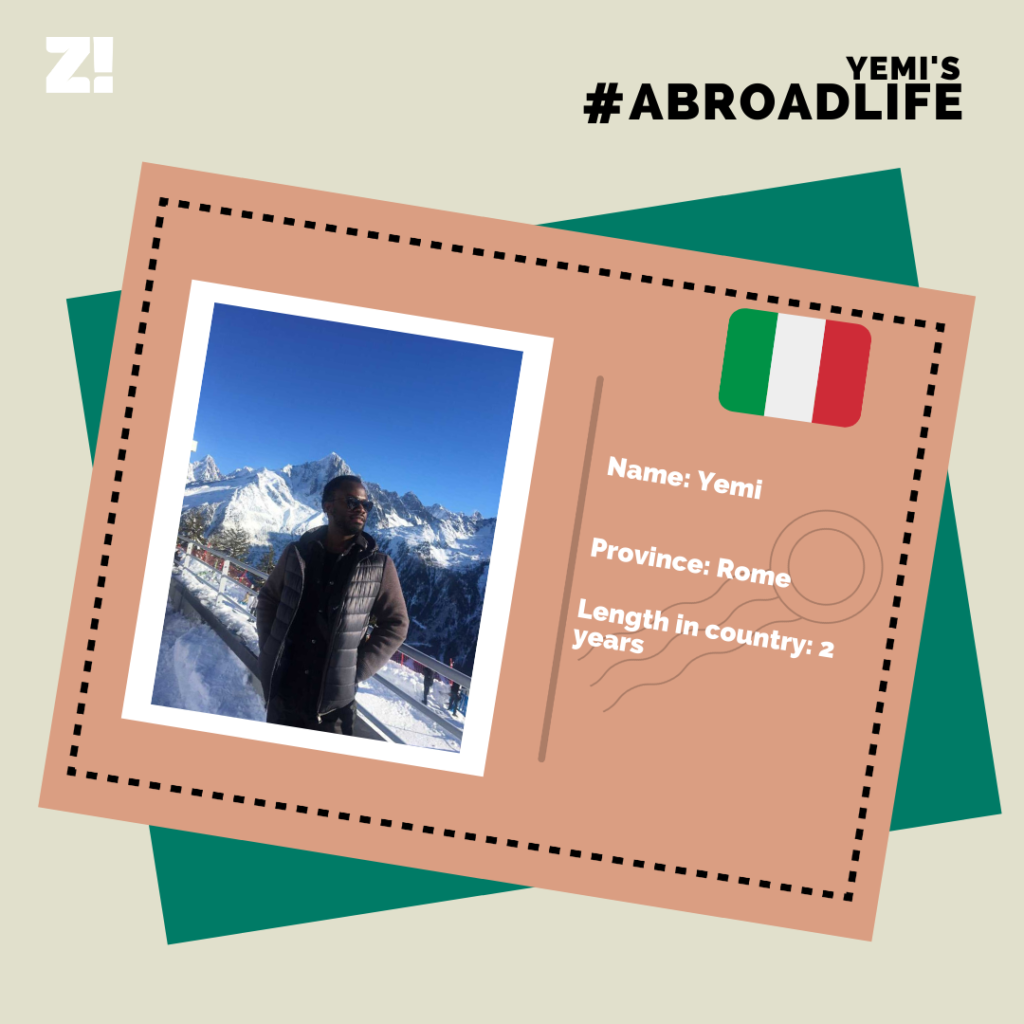
(Italy’s first detected case of the coronavirus was on January 29th, with two Chinese tourists. They were isolated and a state of emergency declared the next day, January 30th. By March, around 12,462 cases had been confirmed with 827 dead)
It might not seem like it with how the situation has spiralled out of control, but by February when the first case was recorded, I was still making trips around the world.
I have a graph I refer to.
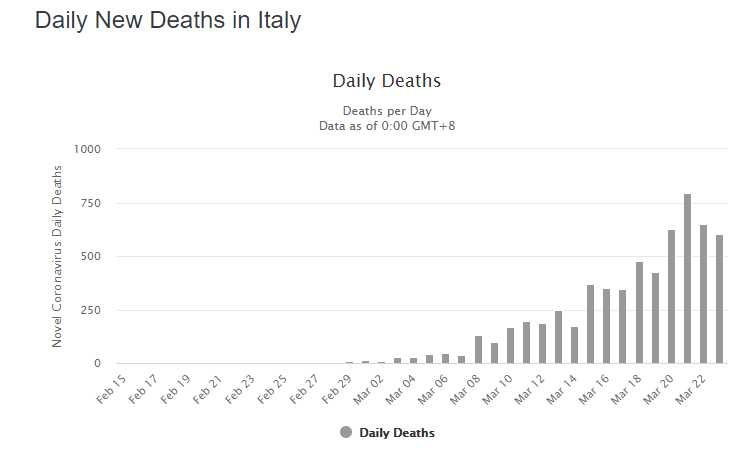
See, in February, it still looked like we were in the clear. There were a few deaths, but nothing to really warrant panic. Then the numbers started climbing.
Up until the first week in March, things were still close to normal in Rome where I live. Lombardy was already on lockdown. I made trips to Switzerland and France, but as soon as I returned, the heat turned up.
It started with a cancelled work retreat in Prague, then my work travels for the rest of March were cancelled. By maybe March 12th, my co-workers and I received a note midday to go home and commence self-quarantine. The dates for working from home started to shift, another ‘hey guys, work from home has been extended to….’ message coming in to my workline. That’s when I realised things had really started to go downhill.
Abisola, The UK.
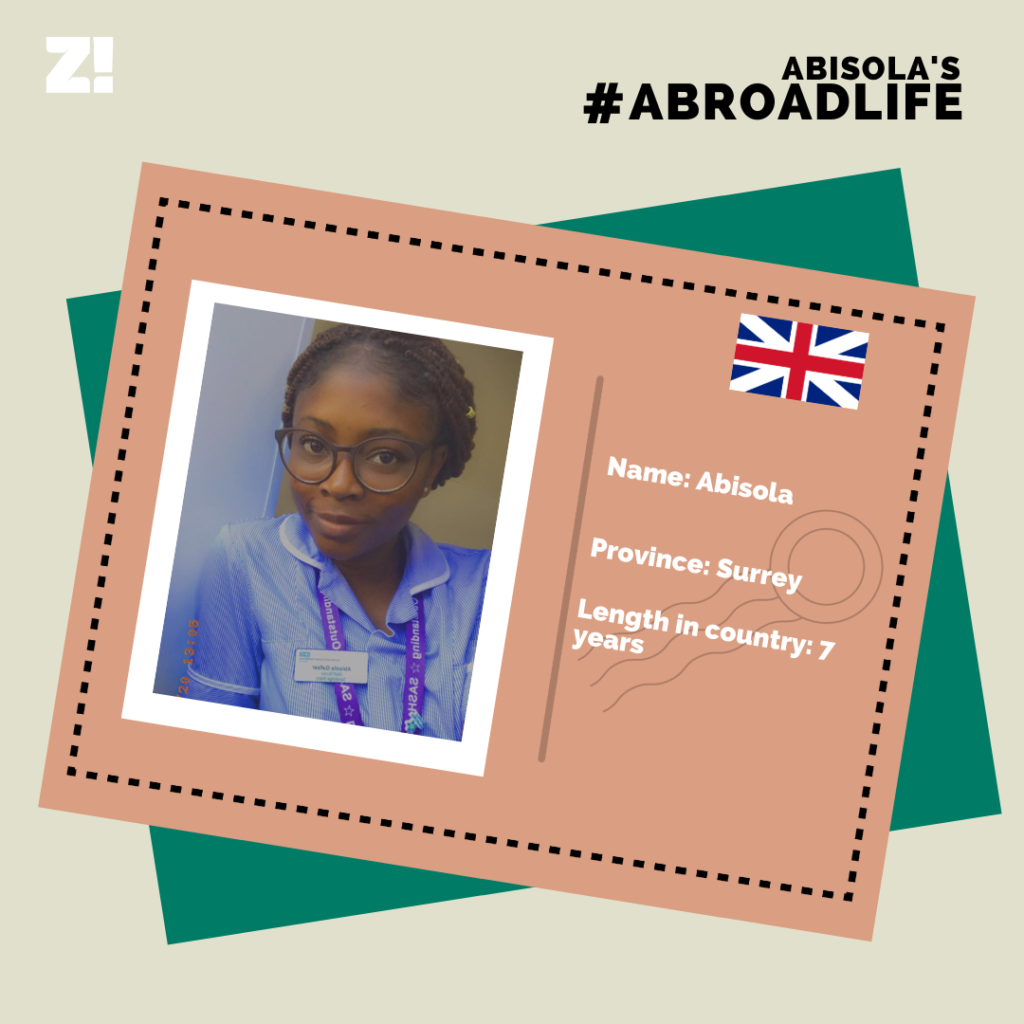
(Britain’s first recorded cases of the coronavirus tested positive on January 2nd. Since then, more than 4000 persons have been infected with the virus state-wide)
I work as an Adult General Nurse. What this means is that I give medicine, change wounds and dressing, insert and remove catheters — that kind of thing. For all intents and purposes, I have an idea on what to do and expect when a pandemic hits; there’s no specific training, but general knowledge kicks in. But even I didn’t appreciate the seriousness of the coronavirus, until about two weeks ago when the first patient with the coronavirus visited my hospital
The reality hit me. He had come in with other conditions so the coronavirus wasn’t immediately suspected. In that time he had interacted with nurses and caregivers. It wasn’t until his son who had tested positive for the coronavirus, informed the hospital of his diagnosis, that appropriate care was administered to the patient after which he was tested for the virus.
That was the moment I realised how easily exposure to the virus could happen, especially in my line of work. The constant fear now is treating someone with the virus without taking the appropriate extra precautions.
Anonymous, Dubai.
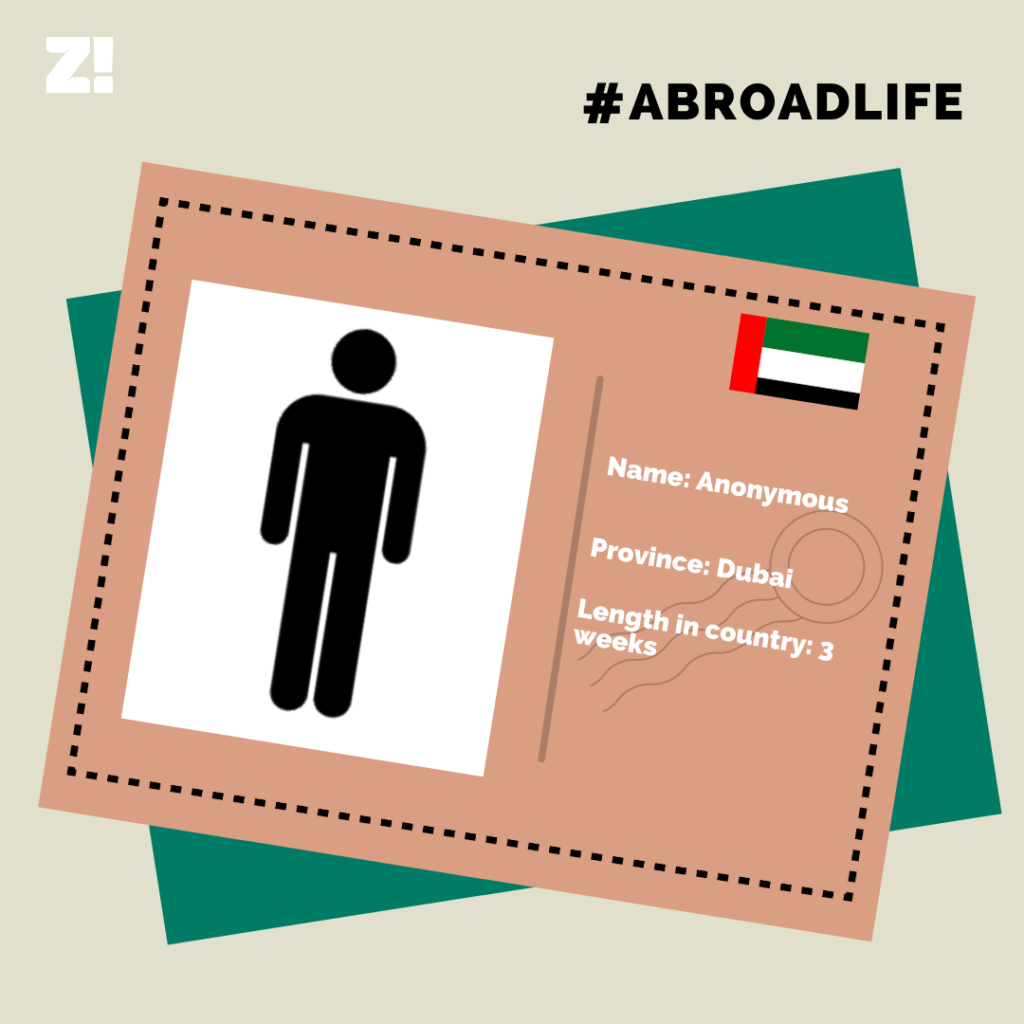
I’d say there were two things that made the Coronavirus very serious for me.
Early in March, I travelled to Dubai for my honeymoon and to prospect one or two business opportunities at the same time. Initially, I planned on going to Singapore but after finding that they had around 50 active cases of the Coronavirus, I switched to Dubai. So while I realised the virus was serious, I discounted the chances of its spread and how fast the world could change in just a number of weeks. Big mistake? Very.
Watching the government of the UAE address its citizens and assure them that it was ‘infinitely able to take care of all their needs’ was definitely the first red flag that I may have underestimated the threat of the virus.
The second was definitely when the Nigerian government ordered a shut down of its international airports without paying any mind to citizens that were abroad for one reason or the other. At the time, I didn’t have the chance to make the suitable arrangements to plan a return to the country. Nigeria had essentially locked me out in a country where the government was telling anyone who cared to listen how ready it was to care for its citizens.
You know what, make that three things. No airline in Dubai is even journeying down to Nigeria. On all fronts, I’m stranded in Dubai on my own pocket, until the virus is contained and movement resumes around the world.
I went to the Nigerian embassy, asking what plans or measures the government had made for its citizens abroad and I got nothing. They said, and I quote “this is a global problem, there’s nothing we can do about it.”The embassy has been locked since the last time I visited.
With three weeks left on my visa, a $1000 renewal fee, hotel and feeding bills to reckon with, not even counting the state of my business back in Nigeria which requires constant relations with China which is blacklisted, I’d say I’ve been taking the Coronavirus, it’s health and economic implications very seriously for about three weeks now.
Jane, Ghana.
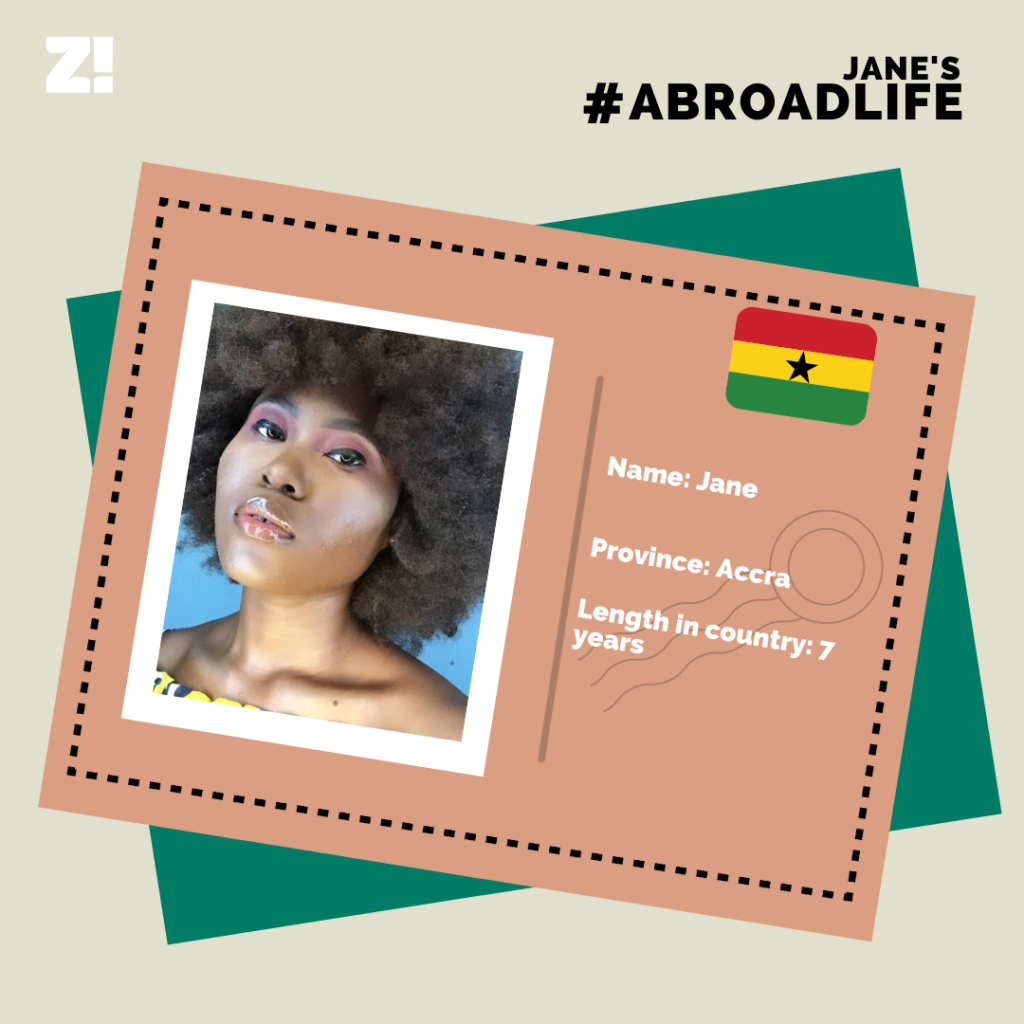
(Ghana’s index case on the coronavirus was announced on March 12th, around twenty cases have been confirmed since then)
At first, news of the Coronavirus crept up on me. We all saw the news in China and heard about Wuhan, but at that time in January, I’d say it was just at the corner of my mind. I mean, I was aware of it, I just wasn’t too bothered by it.
By mid-February, that story had changed. I work in event management and my boss, who used to be a medical doctor, called us all into his office for some frank talk. He told us what to expect in the coming weeks with the rate at which the virus was spreading. When we started getting cancellations and postponement for events, because the majority of our client base is international, we were full-on primed and ready for the worst of the virus.
If the Coronavirus didn’t have my attention at the start of the year, it was all I could think about by mid-February.
When Ghana reported its first case, I expected it, but then again, nothing ever really prepares you for the shock that you might contract a virus that could possibly end your life.
Life Before Coronavirus
Yemi, Italy
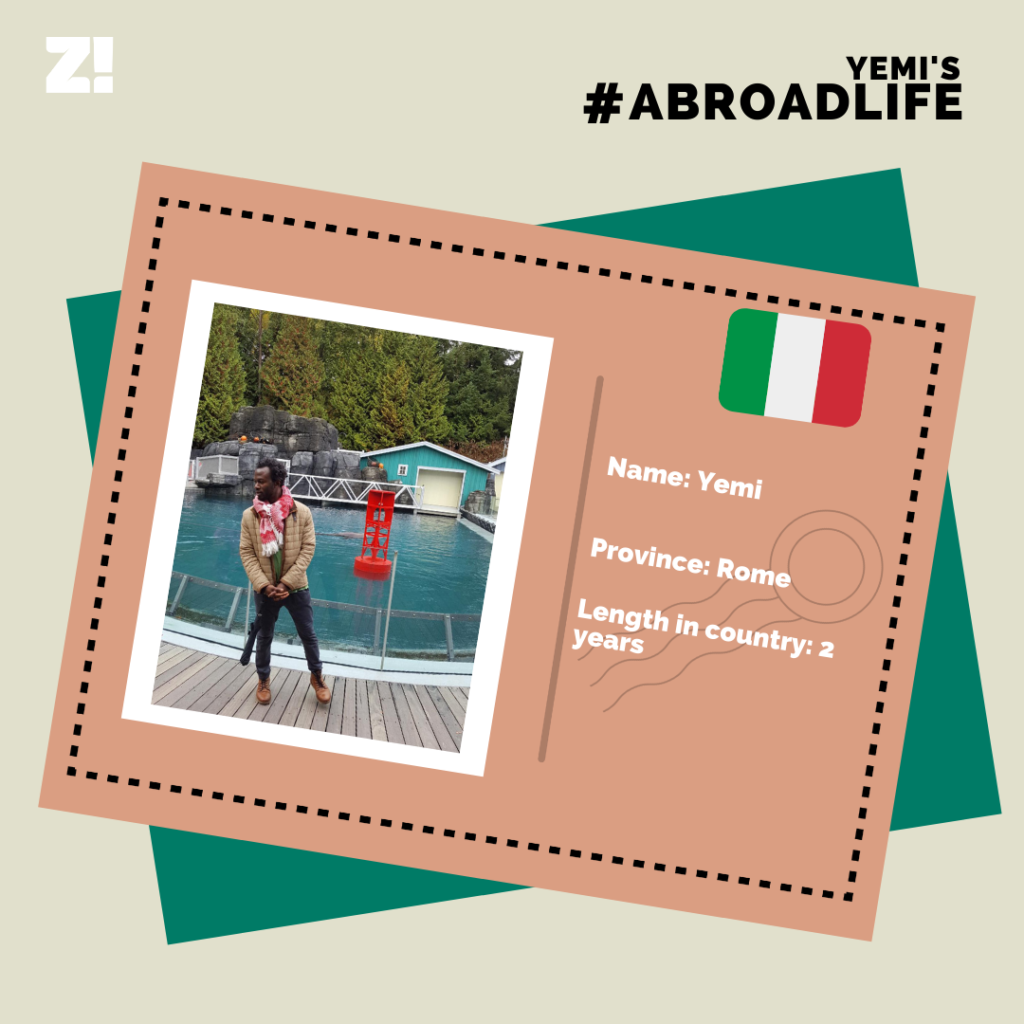
I’ve come to love so much about this country. Its history — look, you’ve never been surrounded by so much well-preserved history. You basically interact with history every day. Although – I will say sometimes this has a downside – preserving history in Italy has complicated infrastructural development.
Abisola, The UK
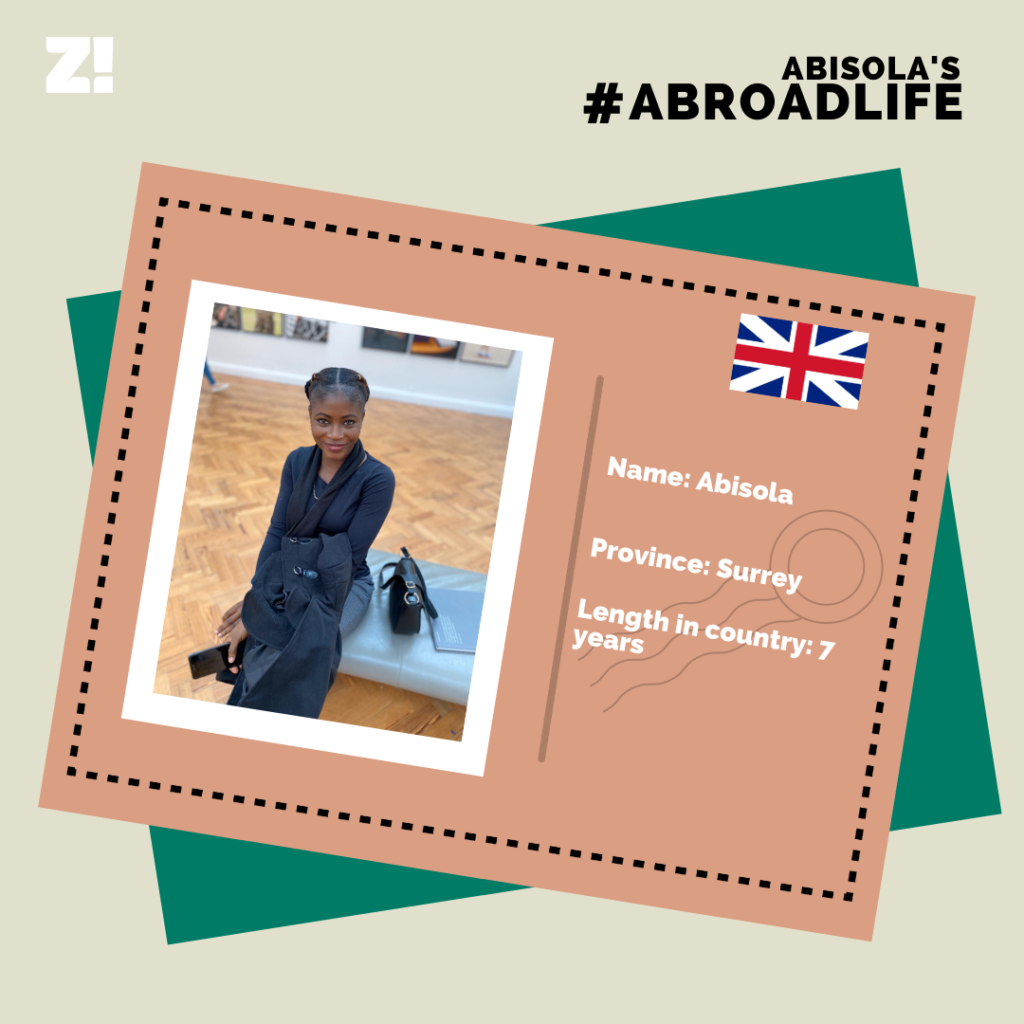
For seven years I’ve been a nurse. I moved to the UK last November and have enjoyed every little past time common with the English since then. I enjoy the social atmosphere, going on walks in the evening, even grocery shopping with people.
Coronavirus Goes Pandemic
(The WHO declared COVID-19 a pandemic on March 11th)
Peter, China.

By the time it spread in China, everyone was panic shopping, including me – everything got pricy. All delivery services stopped. All estates closed their gates. Checkpoints were everywhere for temperature checks. Masks became scarce.
Busy streets became deserted.
Abisola, The UK.
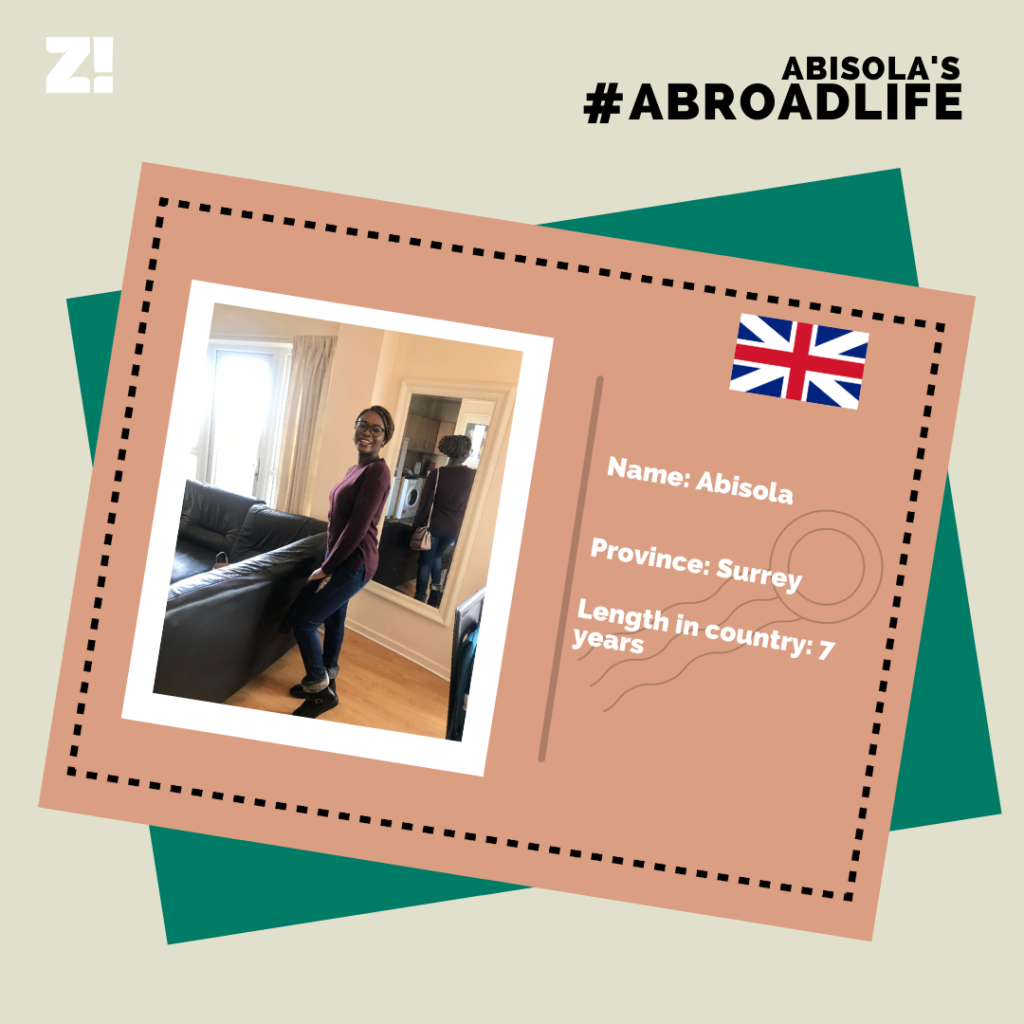
The hours have definitely increased, but that’s expected when you’re trying to rein in a pandemic. I now work 12.5 hours a day, about 4-5 days a week.
For the past couple of weeks, I’ve had to work one day extra to make up for nurses who are beginning to fall ill. Everyone is committed to getting the UK as safe as it can be, but at the same time, nurses are genuinely scared for their lives. The biggest heroes are the ICU nurses, infection and control as well as emergency nurses. They deserve all the appreciation.
We’ve had to discharge patients to different types of homes, not just to deal with the numbers, but because it’s safer for them to be out of the hospital at this time.
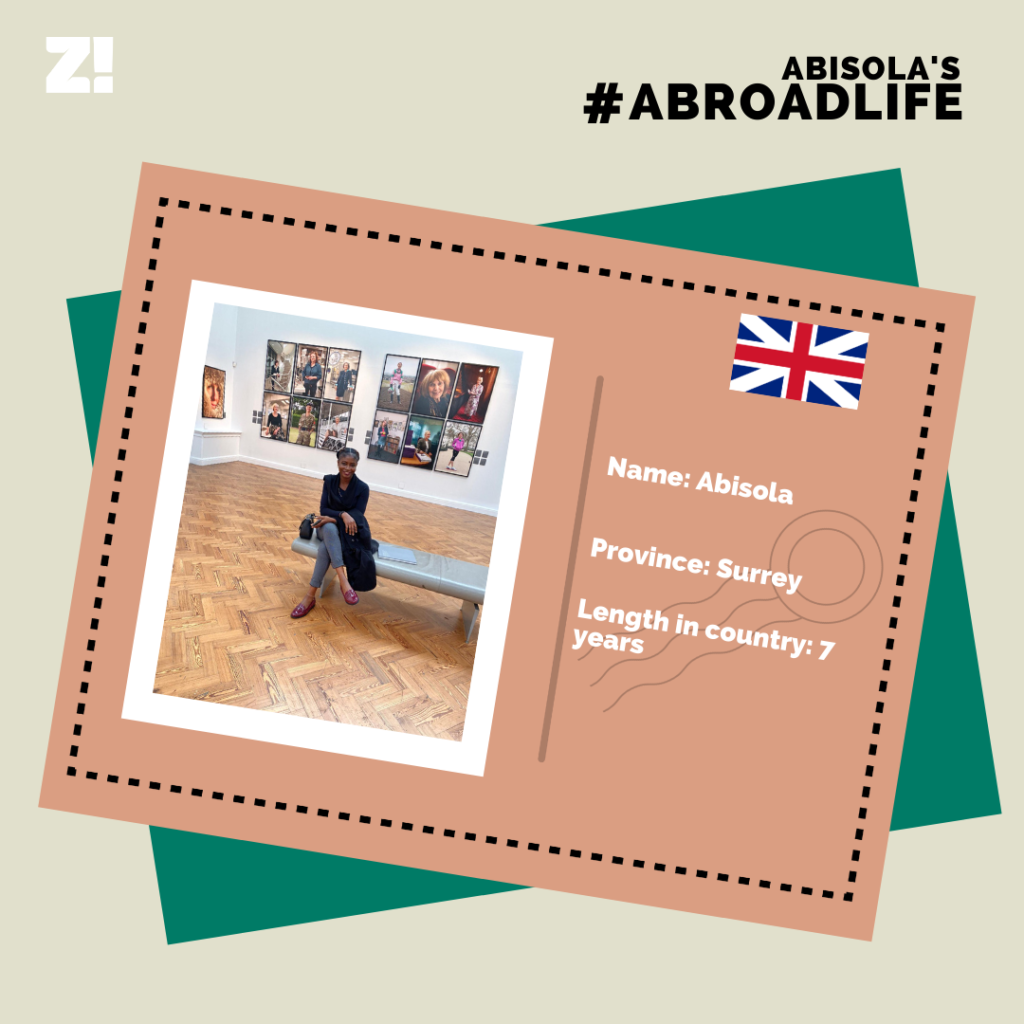
We have PPEs (Personal Protective Equipment) to protect ourselves, but there’s a shortage, so we’re encouraged to use these only when necessary, that means, if we suspect we’re actually dealing with a suspected case of Covid-19. We’re just using general precautions at this time.
There isn’t a financial reward to working at this time, it’s a nurses’ dream to save lives, so that isn’t always an incentive. But it’s great that members of the NHS are being recognised for their work from neighbouring establishments. McDonald’s gave free drinks to frontline workers, Sainsbury and Tesco have given time-slots for NHS workers to shop, stress-free. The support has been very comforting.
The People Fight Back
Yemi, Italy.
(Italy has imposed a Stay-at-home campaign that has been in force for weeks)
I’m going for a walk outside my apartment for the first time in days. It’s not because I need the exercise. It’s just – I’m starting to go stir crazy being cooped in for so long. The lockdown has been in force for weeks now. I’m only going around my block – you’ve seen the Italian mayors complaining – I’m not going any further.
To leave my house and take a walk around the block, I have to fill out a self-declaration form. This form will contain details on the start and end of my journey. It’s to track any chances of me spreading the virus. Movements between different cities and towns are permitted only in dire cases.
Jane, Ghana.
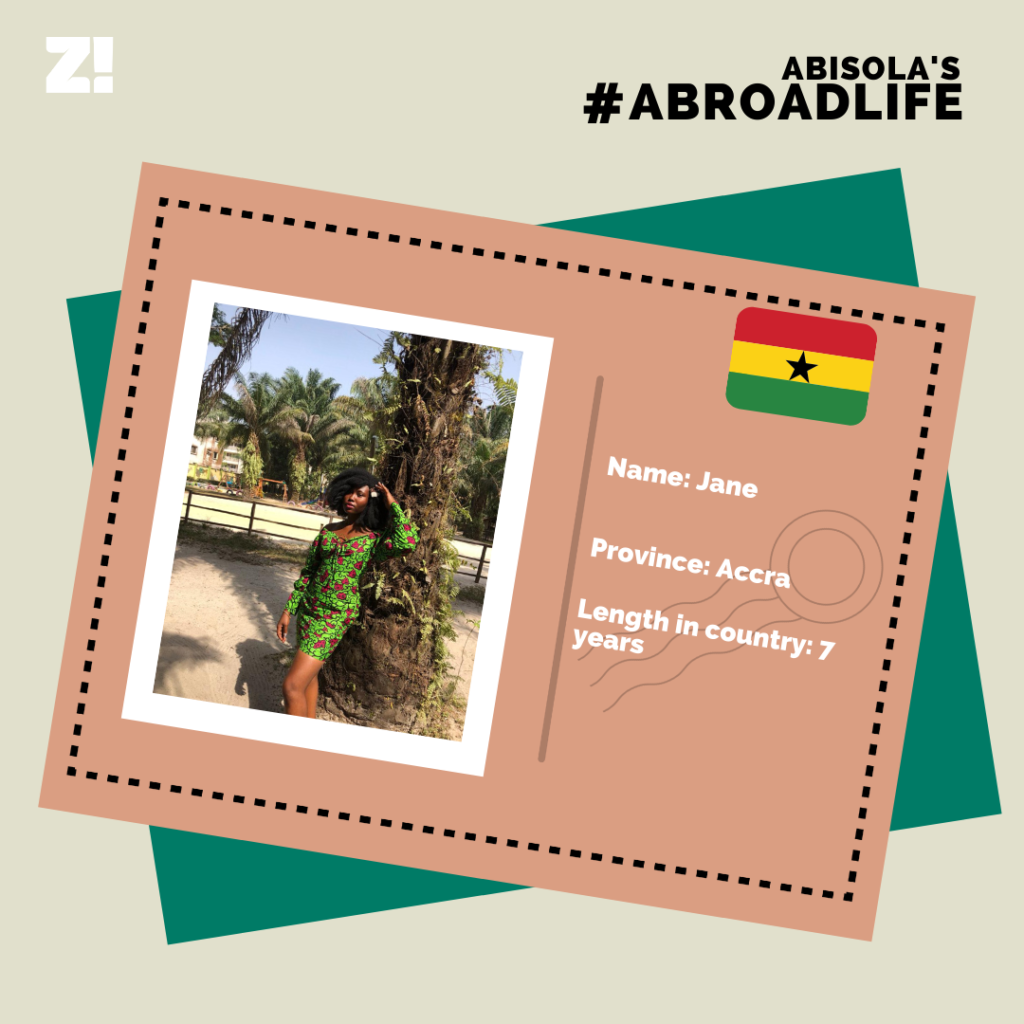
In Accra, we recently started social distancing and I am so proud of how obedient everyone has been towards the government’s directives. We had a ‘no market-day’ order the other day and when I tell you, not even buses were on the road to transport people. The government has seen how important this virus could potentially be to the lives of its citizens and is taking all the right steps to prevent a meltdown.
Yemi, Italy.
As the numbers have climbed, and the reality of just how severe this virus has hit Italy, even that has changed. There hasn’t been any cheer for the past couple of days.
Anonymous, Dubai.

I haven’t been out a lot, but from what I’ve seen, the government and the people of Dubai aren’t taking any chances. The lockdowns are in place and people are respecting it. There aren’t unnecessary gatherings, everyone is indoors. Anything public, pools, gyms, clubs and the tourist centres have been closed.
The only things open are supermarkets, food stores and pharmacies. I think if countries and citizens have the same goal and are on the same page, the way Dubai is, this virus will stand a chance of being contained within a reasonable time. At this rate, I’m considering just starting over and moving here.
Jane, Ghana.
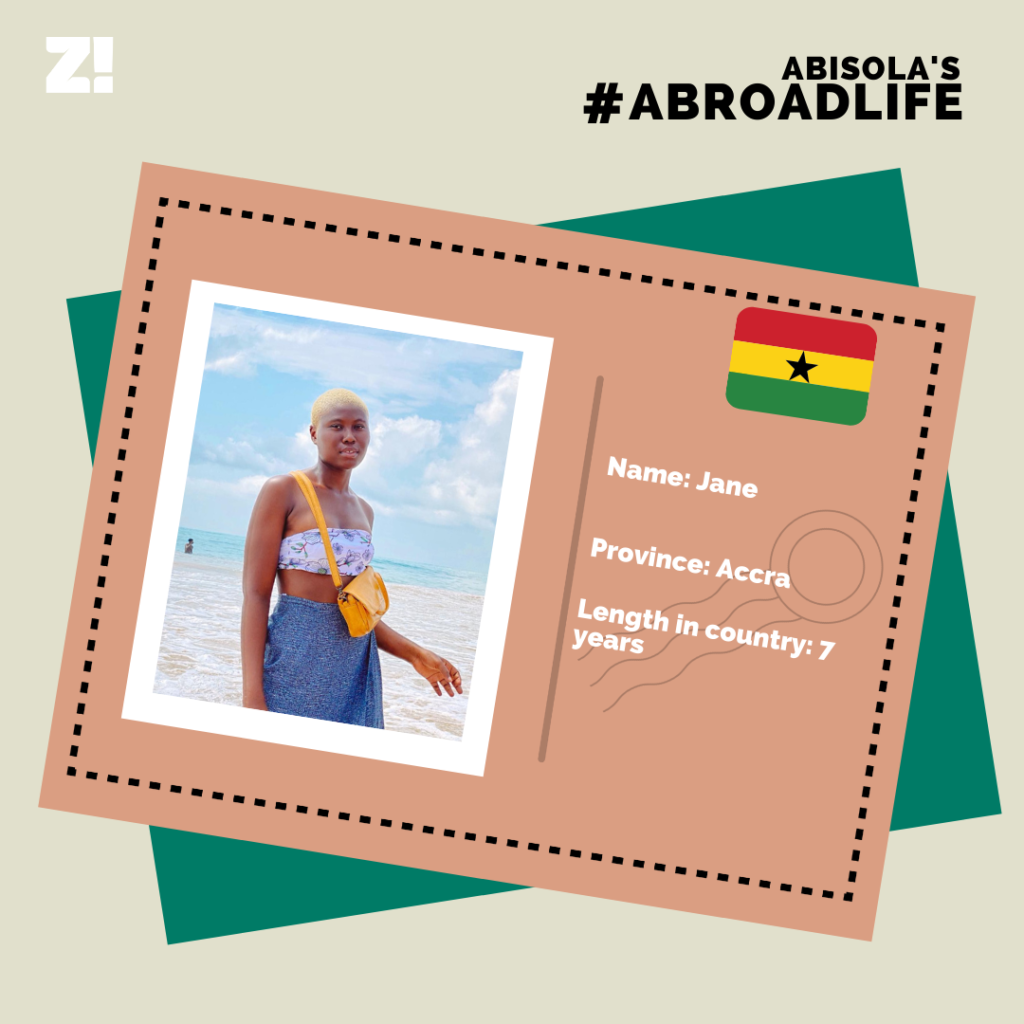
(Ghana is plotting a countrywide lockdown, in addition to sensitisation efforts)
I’ll be the first to say that there are certain things the Ghanaian government could have done differently, like closing the borders earlier and imposing a quarantine on arrivals into the country before the first case spread, but on a whole, their handling of the situation has been admirable.
There have been market sanitisations, you actually see the effort at educating people at the grassroots on what to expect with the coronavirus and measures to prevent it. There’s a website updated with information on the virus every six hours. It doesn’t matter that you already find the information in other places first, just knowing the resource exists is so fantastic. And moving away from the government. The people have been great. They have mobilised food drives and assistance to the less fortunate. More of this and I genuinely see life returning to a little bit of normalcy, come April.
Yemi, Italy.
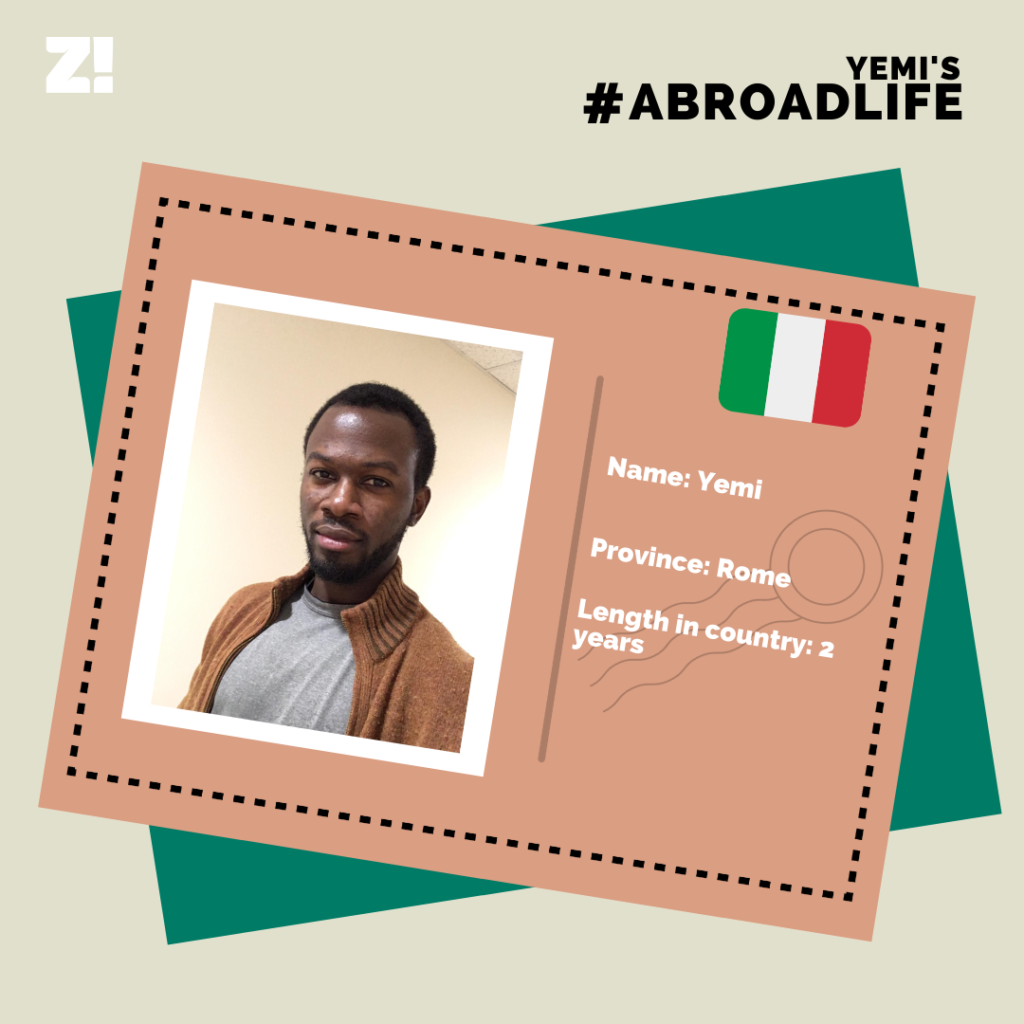
The first thing I have to appreciate the government for is stabilising prices. There’s no supermarket or store you’ll visit, or at least I’ve visited, with a hike in prices. They’ve made sure all the stores remain stocked and there’s no shortage. It’s a laudable move.
Despite the numbers, the quarantine is also being handled very well, I mean, there will be people that will disobey the orders to stay put, but in all, the government deserves its praise.
The Future.
Peter, China.
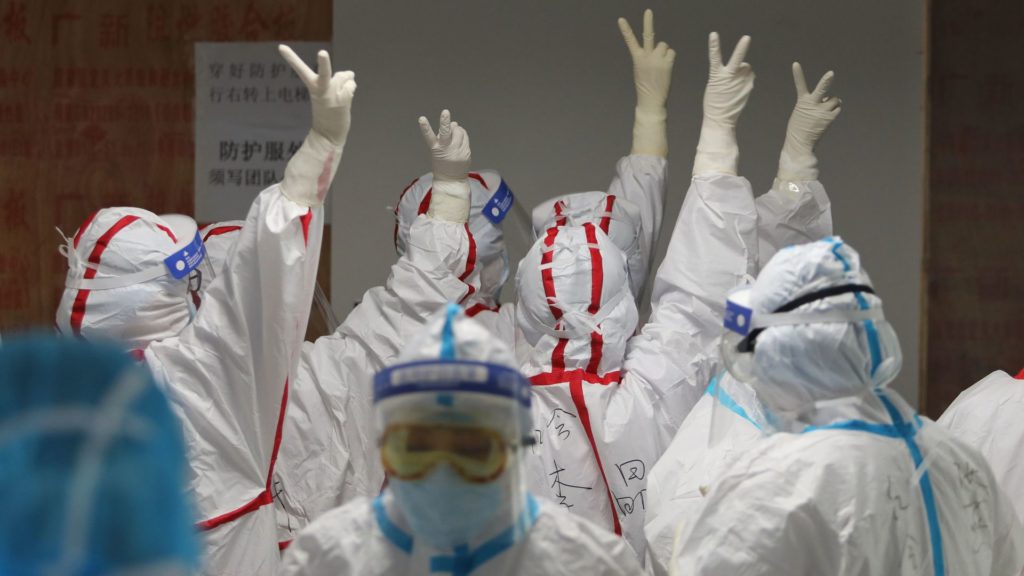
The last patient in my city has been discharged as at 22nd of March – our city is now virus-free. China is still recording new cases at the airport from returnees, but they tag them imported cases. We will see what will happen in the coming weeks. About numbers, I don’t think the government is hiding numbers. No country can give accurate numbers too. The number they give are only known cases. Many people might be sick but would prefer to hide or stay home. Some might even die at home. So the cases they report are only what they know based on hospital records. It’s just interesting to note that things would have been contained if the lockdown was implemented in December. The doctor (who first raised the alarm) contracted the virus from his patient and died afterwards.
Jane, Ghana.
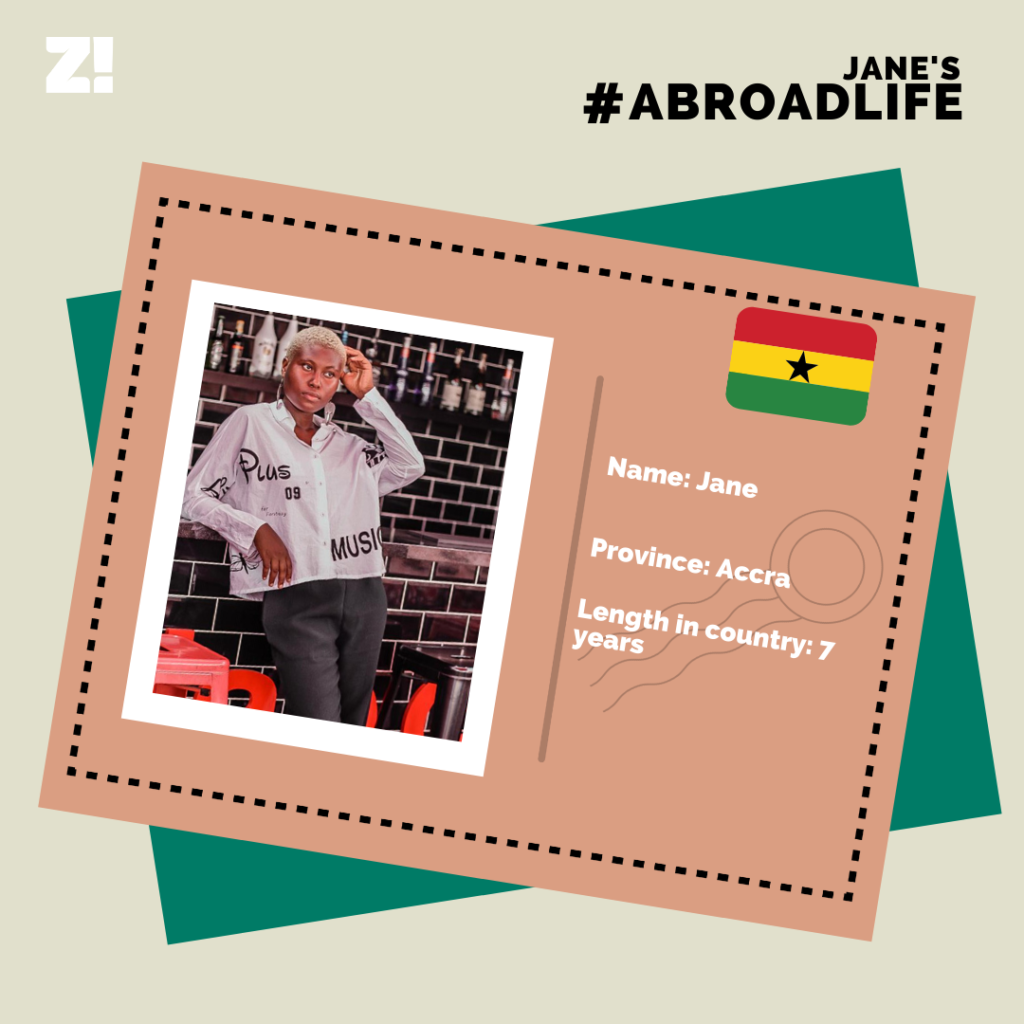
Right now, I’m taking things in their stride. I laugh when I remember all the places, trips and locations I was bookmarking on Instagram earlier in the year to visit and create content in. Right now I’m just thankful to have breath in me. My biggest priorities are maximising the supplies of food and tissue paper I have for the month to possibly stretch in the event that this goes on longer than planned.
Yemi, Italy.
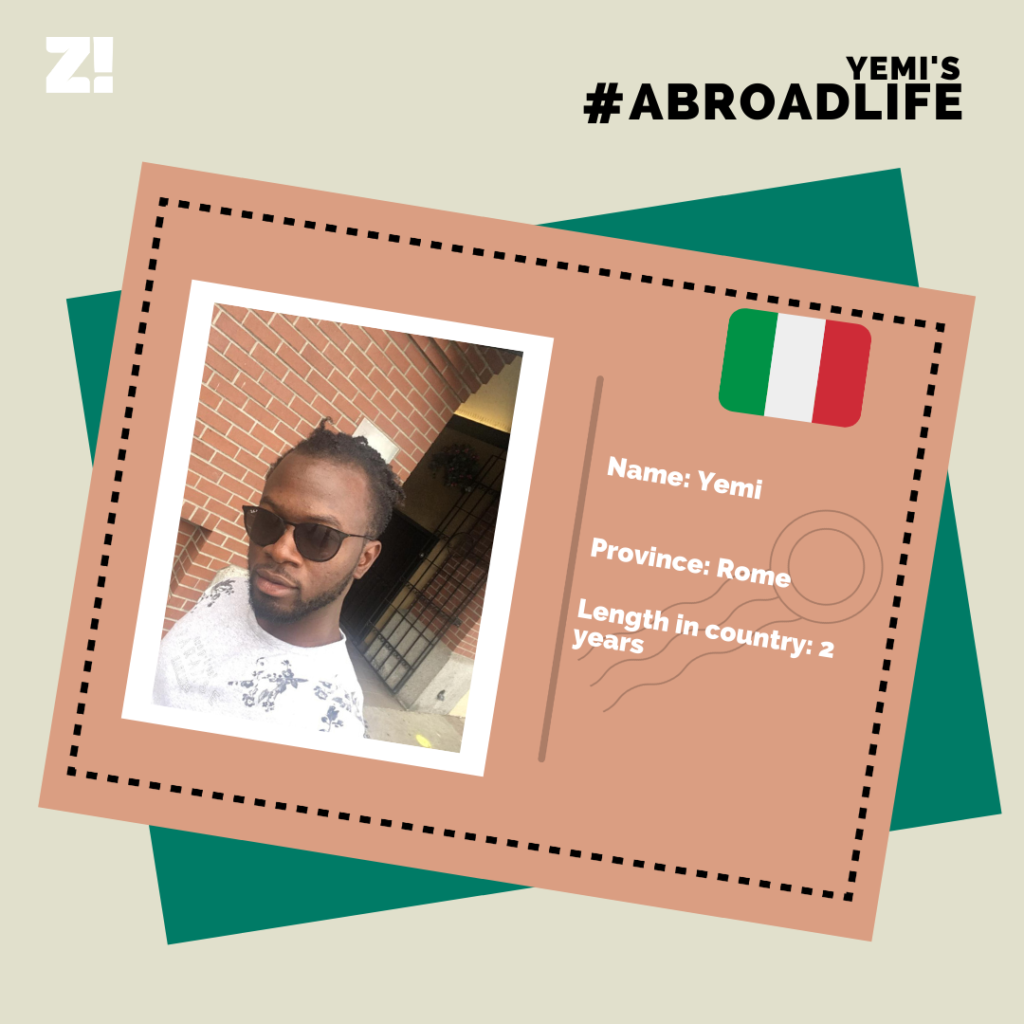
I think the world stands a good chance at beating this thing. Human beings have been besieged by diseases in the past and we always come back victorious. The only issue right now is what and how much we would have lost before we return to normal.
Want more Abroad Life? Check in every Friday at 9 A.M. (WAT) for a new episode. Until then, read every story of the series here.


